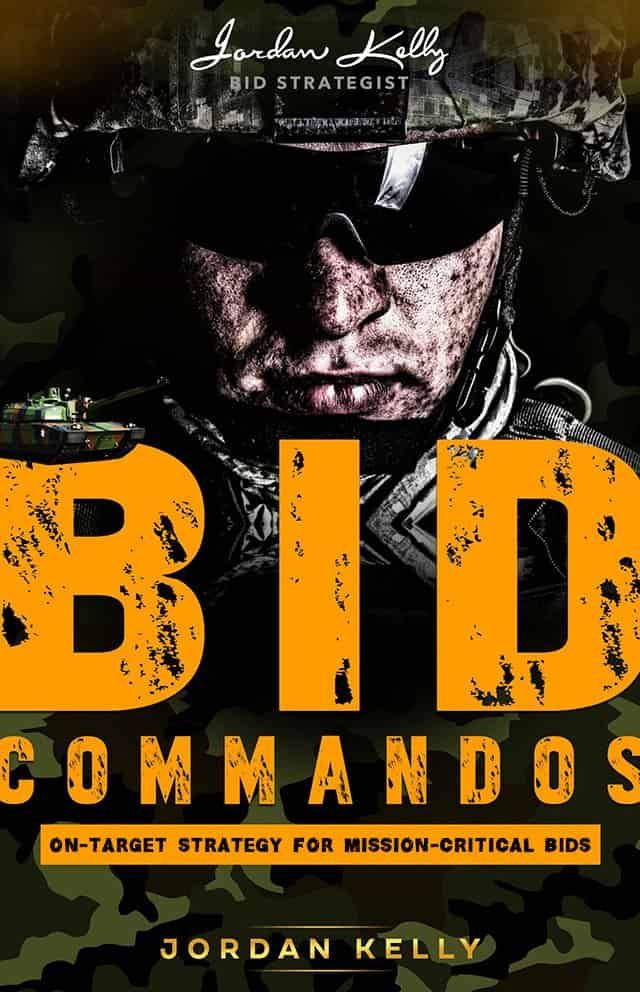CATEGORIES:

Skimp on the detail in the first three stages of the bidding process and your chances of winning a mission-critical bid are severely compromised from the outset.
On the flip side, do an outstanding job of laying these foundations, and you’ve given yourself a giant head start on any competitors that haven’t (and most don’t).
- Conduct the most comprehensive, self-critical "bid or no bid" analysis possible.
- Select your bid team members strategically.
- Optimise every opportunity in the pre-probity phase.
From the analysis of research requirements (both known and not yet known), to the identification both of primary and secondary sources, to the meticulous planning of the information collection activities, to the verification of resultant inputs, through to the conversion of raw information to high-value intelligence – and every minor stage in between – your bid strategy will fail or fly based on your diligence in this phase.
BID COMMANDOS
On-Target Strategy for Mission-Critical Bids
(Training Program)
BID COMMANDOS is my "blockbuster", comprehensive, 11-module training program.
It's intricately formulated to ensure your team excels at every stage of a formal bidding process . . . from the initial bid/no bid analysis, through research and intelligence-gathering, through the strategy development and documentation process, through strategic and compelling writing and competent editing, and on through the shortlistee presentation stage, right through to optimisation of client de-briefing session/s.
BEATING THE BIG BOYS AT BIDS

(Training Program)
Capitalise on the natural advantages of being a smaller, more agile - and potentially, more aware - operator than your corporate competitors.
A five-module training available for delivery in tandem with your team's preparation for, and participation in, any especially important bid . . . and preferably one that stands to see your enterprise increase its competitive ranking within your industry.
(Equally applicable for producing proactive proposals and participating in less formal processes.)



